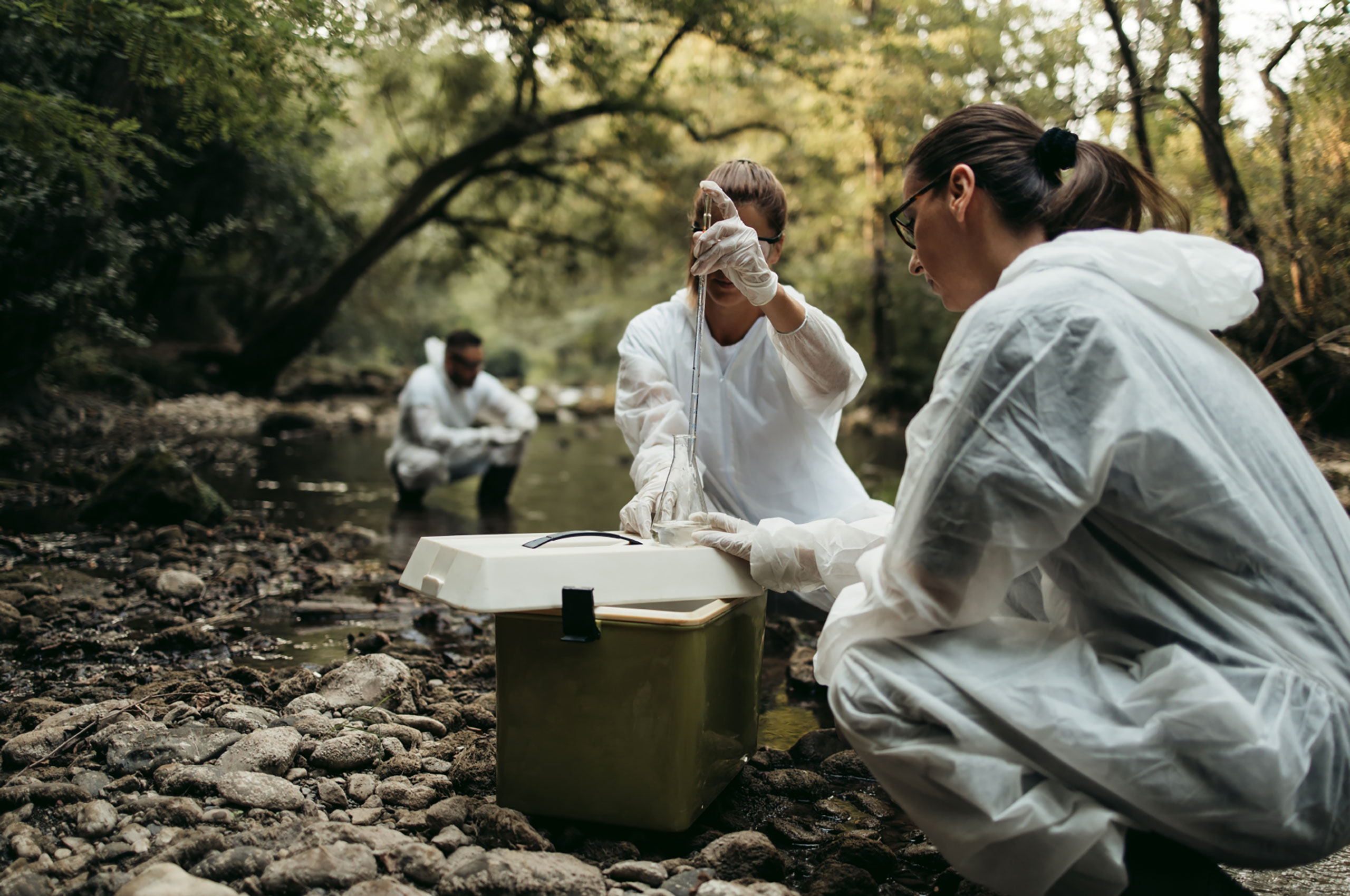Natural Resource Management

Natural resource management is essential adaptive practice due to the mutual reliance between people and the environment for our shared health, well-being, and survival.
We are undertaking three collaborative projects that analyse the impacts of climate change on natural resource management work, and opportunities for climate change adaptation, across different types of work, and social and environmental contexts. The research is collaborative, place-based, and applied.
We acknowledge that our research, and natural resource management are undertaken on the sovereign lands of First Nations peoples and Traditional Owners. The land has never been ceded. We recognise First Nations peoples’ ongoing relationships, knowledge, and culture, practiced over thousands of years that are present today and continue to shape the future, and First Nations people’s right to self-determination.
Research with Catchment Management Authorities
This project is a collaboration with North East Catchment Management Authority (NE CMA) and Goulburn Broken Catchment Management Authority (GB CMMA) in Victoria, Australia. Through in-depth interviews held in 2024, and ongoing collaboration, the aim of the project is to develop a framework of climate change impacts on NRM work including the goals, values, functions, and practices of NRM, and on ground experiences of NRM workers. This understanding will inform the identification of strengths and vulnerabilities of NRM work, and opportunities to shape resilient and adaptive NRM.
The project team includes Lisa de Kleyn, Meegan Judd, Simon Kerr and Catherine Trundle from La Trobe University, Tim Loffler (NE CMA) and Simon Cown (GB CMA)
This project was very fortunate to be funded by the La Trobe University, ABC Scheme.
Research with Conservation Volunteers
While state and territory governments are responsible for NRM, NRM work is reliant on volunteers. In 2020 more than 250,000 people were estimated to volunteer their time in animal welfare and environmental activities in Australia (Australian Bureau of Statistics, 2021).
Communities commit their knowledge, care, energy, and experience across a range of environmental and social issues, achieving multiple benefits for their local areas.
This project is a collaboration with Nature Network Bendigo Region.
Through a survey, in-depth interviews, and workshops held in 2025, the aims of the project are to research the impacts of climate change on volunteer conservation work, understand the actions that organisations are already taking to respond to the challenges of climate change, and collectively consider the strengths, needs, and opportunities for sustainable volunteering.
This project team includes Lisa de Kleyn, Kirstin Kreyscher and Magnus Moglia at La Trobe University, Jenny Wolswinkel, Nature Network Facilitator, the Solitaire Meerman, Chair Nature Network Board.
The team is grateful to be funded by Lord Mayor’s Charitable Foundation.
Research with citizen scientists
Citizen science is a way to improve public participation in scientific research, improve scientific literacy, connect residents to each other and to their region, and provide long-term data required to understand, and respond to, climate change. This project is a collaboration with WaterWatch and EstuaryWatch - volunteer community programs that investigate and monitor freshwater systems in Victoria. Through site visits, observation, photography, interviews, and workshops in 2025 and 2026, the project aims to contribute new information on the impacts of climate change on environmental citizen science volunteers and their work, continue to deepen the collaborative approach to research, and facilitate resilient, adaptive, and sustainable citizen science volunteer organisations, and volunteer work, in the context of climate change.
The project team includes Lisa de Kleyn, and Tyler King, La Trobe University, Justine Holmes, Corangamite Catchment Management Authority, and Pat Bonney, and an Advisory Board including Julia Cirillo, Merri Creek Management Committee, Rachel Winterton, La Trobe University, and Kate Lee, Department of Energy, Environment and Climate Action.
The team are grateful to WaterWatch for instigating the project and Corangamite CMA for funding the research.
